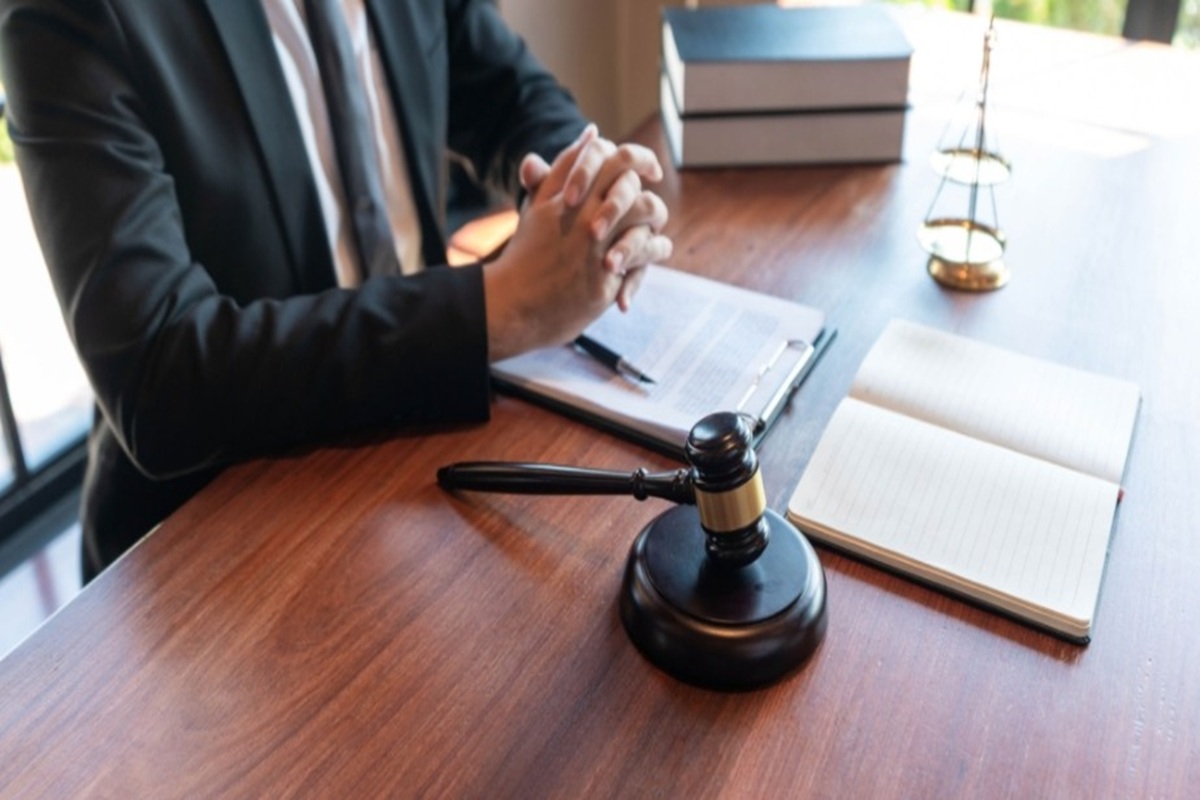Contents of this Post
ToggleHouston’s energy defines it, with busy commercial hubs, thriving neighborhoods, and venues attracting millions yearly. From sprawling shopping malls and office towers to local restaurants and residential complexes, daily life here involves constant interaction with spaces owned and managed by others. With such activity, the safety of these properties becomes a matter of public trust. Yet, hazards still exist: wet floors, broken stairways, poor lighting, or hidden dangers that can cause life-changing injuries instantly.
When someone gets hurt because of improper property maintenance, the question quickly shifts from shock and recovery to accountability and legal rights. These cases fall under premises liability law, where responsibility rests on whether the property owner knew, or should have known, about unsafe conditions and failed to take action. For victims, understanding these rights is critical. A Houston premises liability lawyer can provide the clarity, guidance, and advocacy needed to protect your interests and seek rightful compensation.
Understanding Premises Liability
Premises liability, in simple terms, means that if you visit someone else’s property, it is their responsibility to keep the area free from hazards. The owner may be liable if a person gets hurt by slipping and falling because of those dangerous conditions. The extent of the duty of care depends on the visitor’s status as an invitee, licensee, or trespasser; each receives different legal treatment.
Invitee Rights
Invitees are people invited onto a property in the regular course of business, like customers in a shop. Property owners owe them the most responsibility. They must conduct periodic examinations of an area and fast fixes of unsafe problems. When an invitee gets hurt because of negligence, they can claim damages. Compensation can include medical bills, lost income, and pain and suffering.
Licensee Rights
Licensees, including social guests, enter a property for a reason unconnected with any business dealings between the two parties. While a licensee is owed a reduced duty of care than an invitee, property owners must warn licensees of known hazards. If a licensee gets hurt, the landowner may compensate the licensee for not addressing or warning of the dangers.
Trespasser Rights
Trespassers go on a property without consent. Property owners are typically liable for the least. Yet, owners cannot intentionally hurt a trespasser, nor can they purposely leave a hazardous situation that makes the trespasser hurt. However, owners may still be responsible if a pool exists in some situations, such as where an attractive nuisance exists, particularly involving children.
Proving Negligence
One of the most critical factors in winning a premises liability case, perhaps the most vital, is proving negligence. This aspect means showing that the location’s owner knew or should have known about the dangerous condition but did nothing to correct it. You can establish this through snapshots of the incident or any personal claims and technicalities in proof of maintenance. In most cases, an excellent argument is necessary to prove that the injury directly resulted from the owner’s negligence.
Common Types of Hazards
Premises liability cases can arise from a range of hazards. Common accidents under this carelessness include slips and falls due to wet floors, potholes, uneven floors, and poor lighting. Other incidents can include different factors, like defective stairs or falling objects. Claim success will often depend entirely on identifying the specific hazard that caused the injury.
Compensation and Damages
Compensation for victims in premises liability cases usually covers medical expenses, such as hospital and rehabilitation costs. Victims may also receive compensation for lost wages if the injury prevents them from working. Non-economic damages, such as pain and suffering due to the injury (including emotional distress), may also be awarded.
Legal Assistance
Managing a premises liability matter can be complicated. Legal representation helps victims understand their rights and the best course of action. An attorney can assess the situation, collect evidence, and negotiate with insurance firms, which increases the possibility of a positive result.
Preventive Measures for Property Owners
Property owners can reduce their risk of a premises liability case against them by taking a few preventive measures. Timely inspections and maintenance are essential to identify hazards. Any signaling danger will help keep everybody safe (visitors and owners). To avoid possible lawsuits, owners must protect visitors and themselves by ensuring a secure environment.
Conclusion
Whether an invitee, licensee, or trespasser, know your rights and who you may seek recovery against. With proper legal assistance, victims can sort through the complexity of these cases and come to a fair resolution. Being aware and ready can make all the difference in handling and overcoming the effects of premises liability incidents.

